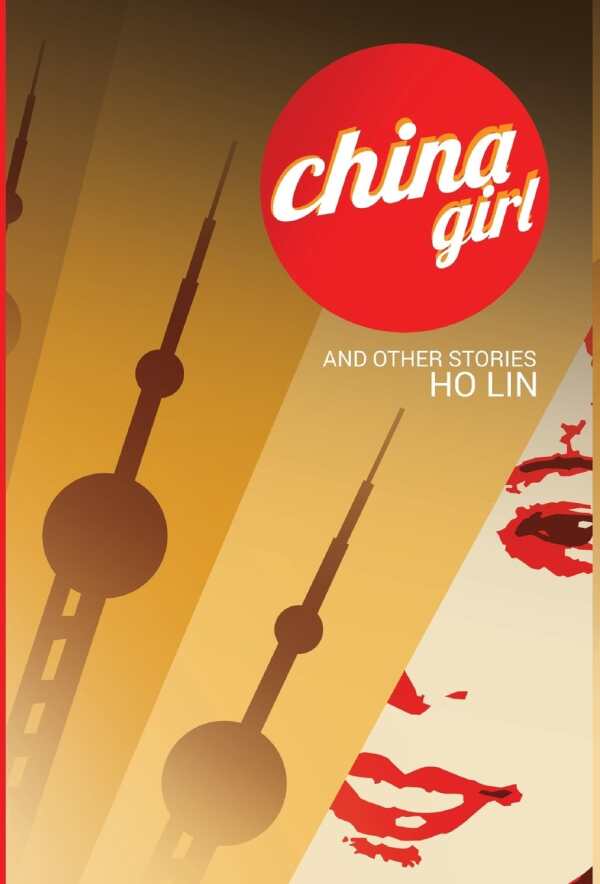China Girl
And Other Stories
Throughout these stories, emotional storms gather in original, biting scenes.
In China Girl: And Other Stories, Ho Lin examines the unease of living with memories: some brutal, others fleeting, each written with impressive foreboding. Nine dense, imaginative journeys take the form of film synopses, sketches, and sharp political commentaries. Together they demonstrate the tension between lost worlds and a volatile present.
From China to the United States, characters reveal powerful losses. A partygoer, club dancer, and model in Beijing observes Westerners with bemusement, until a tragedy sends her into a reflective state. A bicyclist in San Francisco bristles with the daily siege of life in a city and unfulfilled dreams of being a novelist.
An actress playing the role of a woman at the center of a love triangle finds her seaside experiences have come to nothing. In one of the briefer, stranger tales, a café is staged every day at the same time with a scene from the past that replays—for reasons unknown—for the benefit of a mysterious woman. Hints at a devastating event turn the work into a haunting act of near-love in its heartbreaking inability to move the needle from a singular moment.
Throughout, emotional storms gather through original, biting scenes. In “Litany, Eulogy,” an author whose book on war crimes is praised and condemned sifts through childhood memories that alternate with visceral acts of aggression. The strange nature of celebrity braids with history, building a claustrophobic atmosphere. Penned for Iris Chang—whose nonfiction The Rape of Nanking is echoed in the story of a woman researching atrocity—it’s also a provocative tale of a family strained by a daughter’s fervor to know every detail.
Another standout, “National Holiday,” unfolds through a government lackey’s meeting with a dissident journalist. A remote tropical setting plays against a wider drama that signals the decline of one regime and rise of another.
Stories that borrow from the methods of screenwriting also stand out. Actors playing several characters in the same film begin to seem interchangeable; their stories capture a modern existence that never finds peace.
When Ho Lin declares, in one story, that “absence and presence are constantly at war,” it’s the perfect summation for his characters’ lives, plagued as they are by dark histories.
Reviewed by
Karen Rigby
Disclosure: This article is not an endorsement, but a review. The publisher of this book provided free copies of the book to have their book reviewed by a professional reviewer. No fee was paid by the publisher for this review. Foreword Reviews only recommends books that we love. Foreword Magazine, Inc. is disclosing this in accordance with the Federal Trade Commission’s 16 CFR, Part 255.

